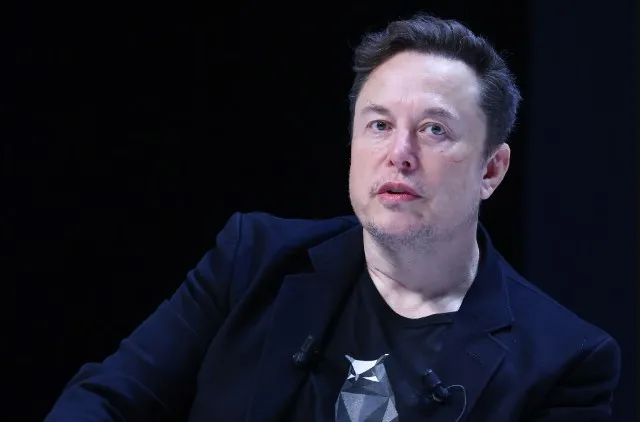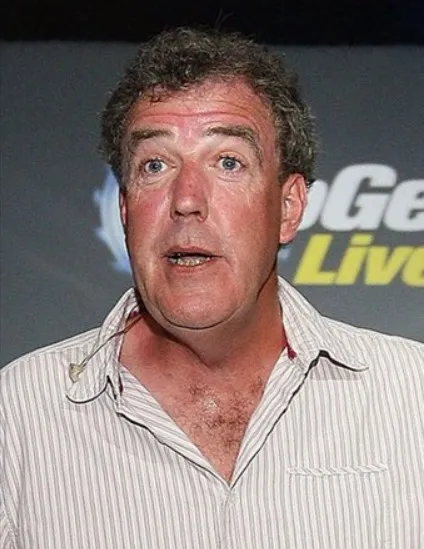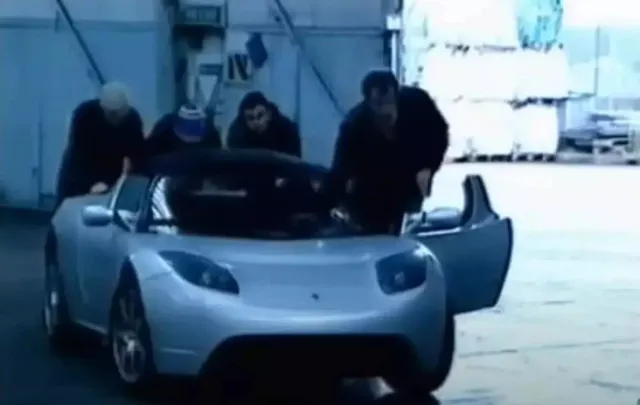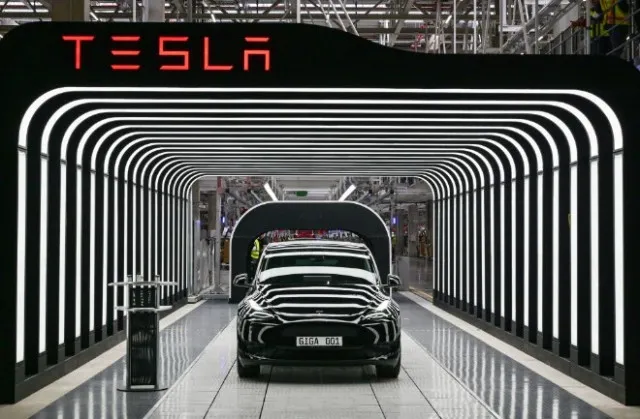Elon Musk has filed a $171,000 lawsuit against a British television company, claiming one negative Tesla review caused damages.
Elon Musk, the CEO of Tesla, is known for his ambitious goals in the automotive industry.
Recently, he made headlines again by suing a British television company for $171,000.
The lawsuit stems from a negative review of the Tesla Roadster on the popular show Top Gear.
This legal battle highlights the ongoing tension between Musk and media portrayals of his company.

Elon Musk files lawsuit against BBC for $171K after TV company leaves bad Tesla review
The incident that sparked the lawsuit dates back to 2008 when Top Gear aired an episode featuring the Tesla Roadster.
At that time, the Roadster was an innovative vehicle, being one of the first all-electric cars on the market.
The host, Jeremy Clarkson, praised the car’s impressive acceleration, calling it “biblically quick.”
However, he also claimed that the car ran out of charge after just 55 miles, which raised questions about its reliability.

Tesla reacted strongly to Clarkson’s claims.
They argued that the footage suggested the car had lost power as it was being pushed back to the garage.
Tesla insisted that the car’s logs indicated it never dropped below 20% battery charge.
This discrepancy led to a significant disagreement between the company and the show.
BBC released the following statement: “The tested Tesla was filmed being pushed into the shed in order to show what would happen if the Roadster had run out of charge.
“Top Gear stands by the findings in this film and is content that it offers a fair representation of the Tesla’s performance on the day it was tested.”
Tesla strongly disputed the claims made by Clarkson.
In March 2011, Elon Musk filed a lawsuit against the BBC, which produces Top Gear.
The company claimed that the show had damaged its reputation and caused a loss of sales.

Tesla stated that the negative review resulted in a $171,000 loss.
To support their case, they launched a website called TeslaVsTopGear.com, where they aimed to present their side of the story.
The legal matter went to the High Court, where Judge Martin Moore-Bick ruled in favor of the BBC.
He stated that viewers would not see the Tesla Roadster review on Top Gear as serious due to the show’s focus on entertainment.
Musk appealed the decision, but the Court of Appeal upheld the original ruling, ordering Tesla to pay around $172,000 in legal costs to the BBC.
The lawsuit increased Tesla’s visibility and credibility.
Despite losing the lawsuit, the case had a notable impact on the car brand.
The controversy surrounding the review brought significant media attention to the company.

It also sparked discussions about electric vehicles and their place in the automotive market.
Many people began to see Tesla as a serious competitor in the car industry, despite the negative press from Top Gear.
Furthermore, the legal battle prompted Tesla to emphasize transparency in its operations.
The company started releasing more performance data and encouraged independent testers to verify their claims.
This move helped build trust with customers and improved Tesla’s reputation in the long run.
The $171,000 lie that could have killed Tesla:
Top Gear, the world's biggest car show, faked a negative review of the Tesla Roadster.
Most companies would have stayed quiet.
Tesla chose war.
Here's the full story: pic.twitter.com/nG7TyFjKCf
— Tim Carden (@timjcarden) December 16, 2024